Apple taken to task for reporting partners' child labor violations
The report, which describes the company's efforts to police a "Supplier Code of Conduct" on the companies it contracts with, those companies' own chain of suppliers, and the foreign worker agencies they use, outlined a number of problems Apple discovered in auditing its overseas suppliers.
Included in the report were details pertaining to the discovery of the illegal employment of children and abusive hiring practices that impose horrific fees upon foreign workers employed at factories which essentially reduce them to being indentured servants.
Report used against Apple
Writing for the Telegraph UK, Malcolm Moore characterized the report's findings to make it sound like Apple had been caught violating the law and had been forced to admit that it was "using child labour in China," when in fact the opposite was actually the case.
In reality, Apple stepped in to police a situation it had no legal responsibility to address. "We required a review of all employment records for the year as well as a complete analysis of the hiring process to clarify how underage people had been able to gain employment [at facilities operated by contractors]," Apple stated in the report.
At one facility, Apple discovered that management had actually been falsifying records to make it appear to be compliant with the company's standards.
"When we investigated," the report notes, "we uncovered records and conducted worker interviews that revealed excessive working hours and seven days of continuous work." Apple subsequently terminated all of its contracts with the factory.
Apple virtually alone in auditing suppliers
The company's crackdown on abusive labor violations, poor working conditions, and environmentally irresponsible activity on the part of companies who manufacture its products or supply it with parts is nearly unprecedented in the tech industry.
Apple reported that its audits pertaining to labor and human rights, health and safety, environmental impacts, and business ethics were in nearly all cases the first attempt a Western corporation had ever made to monitor and react to conditions in those overseas factories.
"During most of our audits," the report said, "suppliers stated that Apple was the only company that had ever audited their facility for supplier responsibility."
Cook, Jobs address supplier responsibility
Apple chief operations officer Tim Cook repeated that fact on stage at the company's shareholder meeting, but insisted that the company doesn't need to trumpet its vanguard position in pushing overseas companies to achieve higher standards in human rights, train their employees to be aware of their rights, and maintain safe working conditions.
Cook said Apple does this not for media attention, but "because it is the right thing to do." Chief executive Steve Jobs echoed the same sentiments, passionately arguing that the media and environmental groups have ignored the real issues to focus mainly on what promises companies were making, even though many companies do not actually meet their promised goals.
Apple, Jobs said, was focused on actually achieving results. By taking real action ranging from reducing its product packaging, increasing efficiency and http://www.apple.com/recycling/">enhancing recyclability
The Telegraph UK did not also take other companies to task, making no mention of the complete lack of supplier responsibility reporting from other companies Apple competes against, including HTC, the manufacturer of Google's Nexus One and most other Android and Windows Mobile smartphones.
 Prince McLean
Prince McLean











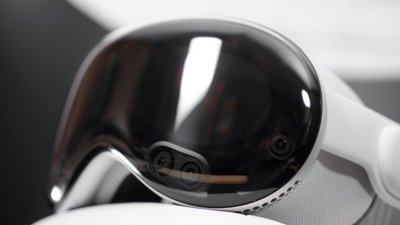
 Wesley Hilliard
Wesley Hilliard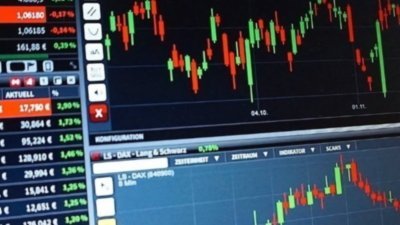
 William Gallagher
William Gallagher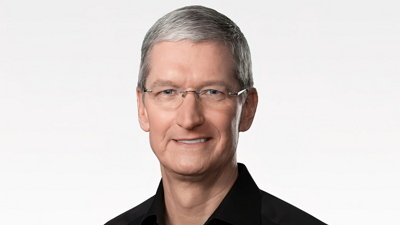
 Andrew Orr
Andrew Orr
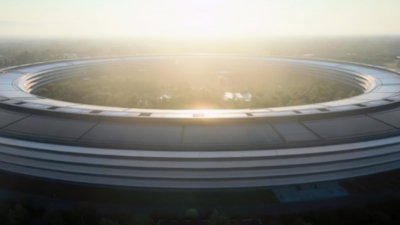
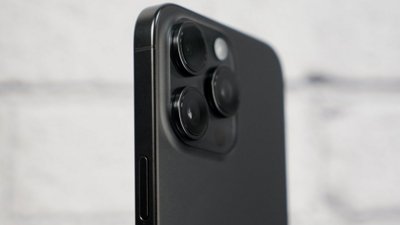
 Malcolm Owen
Malcolm Owen











124 Comments
Apple said the child workers are now no longer being used, or are no longer underage. "In each of the three facilities, we required a review of all employment records for the year as well as a complete analysis of the hiring process to clarify how underage people had been able to gain employment," Apple said, in an annual report on its suppliers.
So what's the problem?
Bully for Apple.
"Apple taken to task for reporting partners' child labor violations"
Once again demonstrating that no good deed goes unpunished.
Apple should investigate the recent reports of workers being exposed to toxic chemicals used in the manufacturing of their products. Within the past six months, workers went on strike alleging exposure to toxic chemicals and in the past week there is a report of some workers becoming ill due to exposure.
China should also improve its record on the environment. Their industries are far worse than Europe or the US--not that we are perfect.
Obviously the Telegraph is missing the whole point, isn't it! Why is Apple being shafted for actually doing something. Slow news day at the Telegraph!!! Malcolm Moore = FAIL!